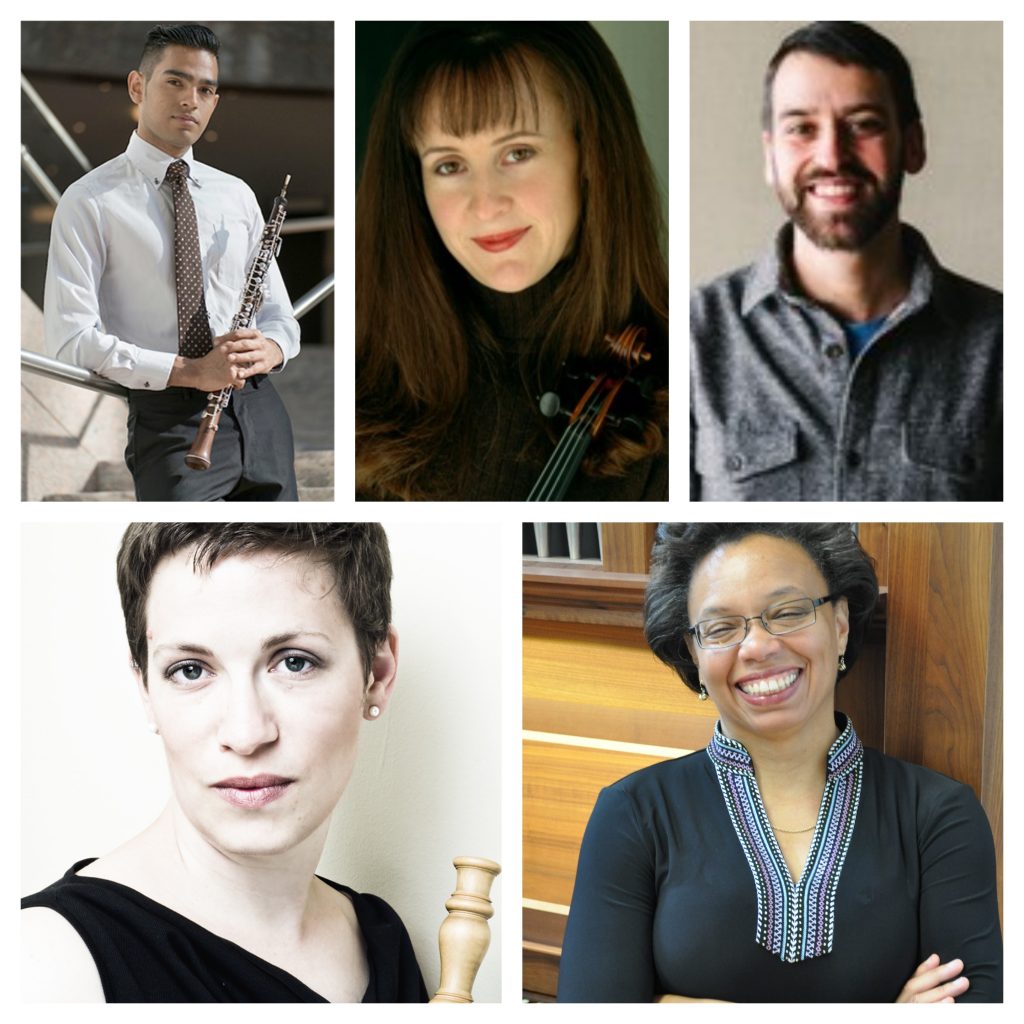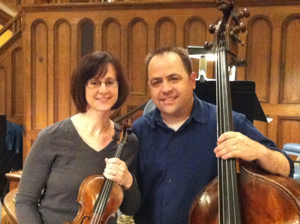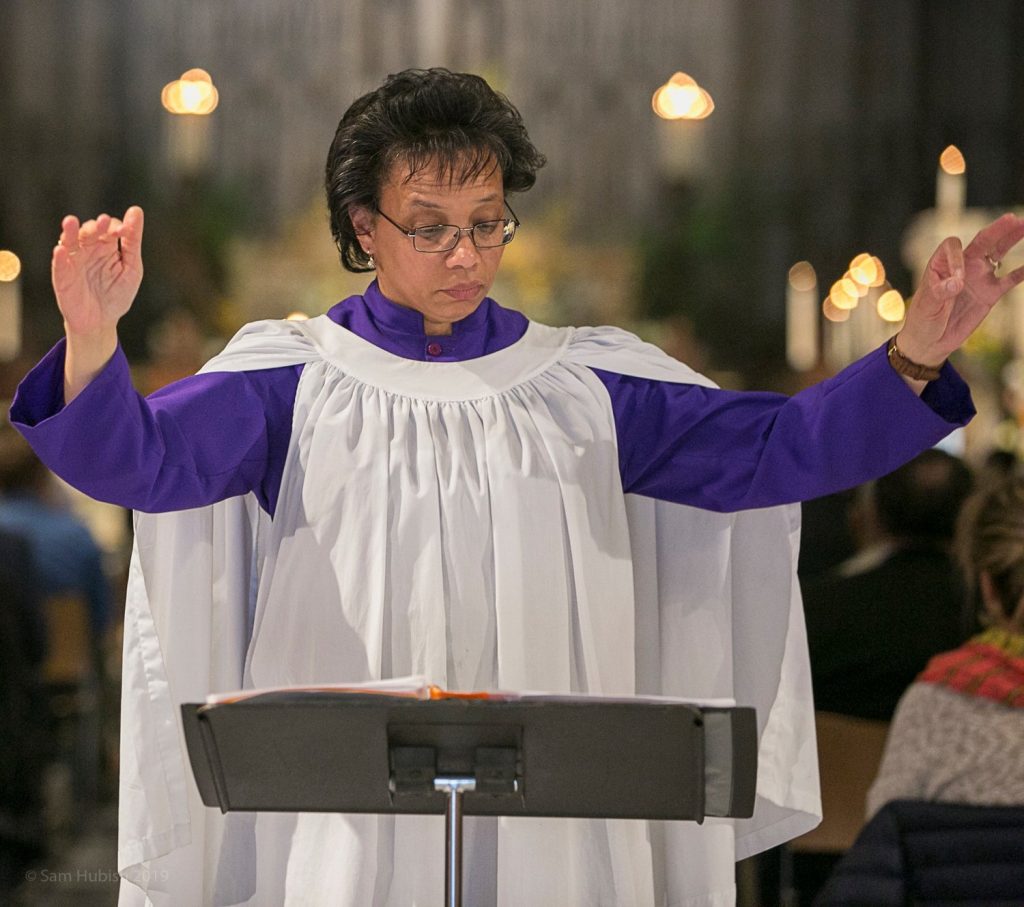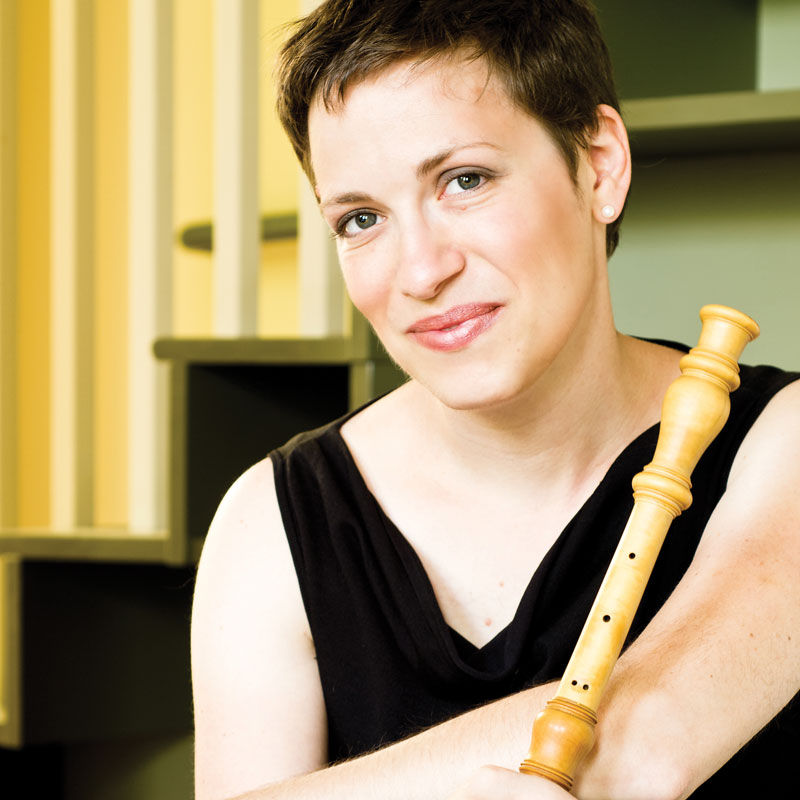by Jarrett Hoffman

I reached out to five area musicians to see how they’re steering themselves through the Coronavirus crisis, and how they’re spending their time when the slate of performance work has been wiped clean.
Their replies by email — a mix of serious, thoughtful, and lighthearted — touched on a variety of topics: their downtime, their feelings about social media, what they miss about live music, their anxiety, and their hopes for the future.
A sense of the ordinary is important to maintain, and many responses included some mention of cleaning, cooking, baking, gardening, or home improvement. Those can range from tasks to hobbies and even passions — for Baroque oboist and Les Délices artistic director Debra Nagy, cooking is a true creative outlet. (Her bio includes a nod to “much canning and pickling.”)

Bop Stop manager Gabe Pollack recently went through three books in a week, something he hadn’t done in seven years. And Nagy has been on a “feminist-inclined mythology jag” that’s included books by Madeline Miller and Pat Barker.

Some musicians are carving out space in their day for self-education. Pollack is learning pottery, while oboist and fp Creative founder Devin Hinzo is learning to code and practicing Spanish. And Dimoff is taking an online class about COVID-19 through Coursera. “Getting my information from scientific sources makes the headlines easier to bear,” she noted.
Hinzo is striking a balance with his attention to those headlines. “I’m making it a point to stay informed about the pandemic, but I also limit my consumption of ‘breaking news,’” he said.
And Nagy is avoiding social media. “Reading about more concert or work cancellations, and scrolling through clickbait articles and the sea of ‘live from my living room’ invites is overwhelming,” she said. Meanwhile, her sense of social media as an echo chamber has only been reinforced, and she’s seen its ability to incite anxiety and even panic during the pandemic.
Others are using social media to keep in touch with family and friends, and to share musical endeavors — like the duets that Dimoff and her husband are planning to post on Facebook. And Pollack keeps up with his Bop Stop audience through social media, one of a few ways he’s staying busy managing the temporarily closed venue. He’s also rescheduling nearly 50 cancelled performances, and researching loans and grants for small businesses.
Daily structure has been important for both Pollack and Keller. And to give herself a sense of weekly structure, the organist is setting boundaries for the weekend, when she avoids office work and gives herself a chance to sleep in.
Creatively, musicians are continuing to put in work. In addition to the duets with her husband, Dimoff is recording tracks for songs written by a keyboardist she knows through the freelance scene. Hinzo is composing, and has put together new virtual programming for fp Creative. And Nagy is attending to instruments she wouldn’t normally have extensive time for: she’s learning two-voice ballads on her gothic harp and practicing Mozart’s Oboe Concerto on a two-key classical oboe.

Nagy is also cutting herself some slack when productivity eludes her, a problem for which Hinzo offered a slightly different solution: he’s taking short dance breaks whenever he loses focus during the work day. “It’s been a liberating way for me to release mental and physical tension,” he said.
Hinzo pointed out that many people don’t have the luxury or mental capacity to be productive or creative right now. “I hope that those who can donate to artist relief funds continue to do so. Imagine the world, in this day and age, without art… Yikes.”
Dimoff worries about her friends in the jazz freelance world who aren’t members of their local musicians’ unions and have fewer resources to tide them over “until life gets back to some sort of normal,” she said. “And who knows how much long-term damage will have been done to orchestras, arts nonprofits, and the Broadway scene?”
Pollack misses presenting live music, with the “energy of connectivity and community” that it brings. He’s been encouraged to see how people are dealing creatively with the hand they’ve been dealt, but he’s also nervous about the impact the pandemic will have on the industry going forward.
“I’m trying to stay positive and remind myself that The Music Settlement — the 108-year-old community music school that owns the Bop Stop — has survived the Great Depression, two World Wars, and the 1918 Flu Pandemic,” he said. “We will get through this, too.”
Published on ClevelandClassical.com April 21, 2020.
Click here for a printable copy of this article


